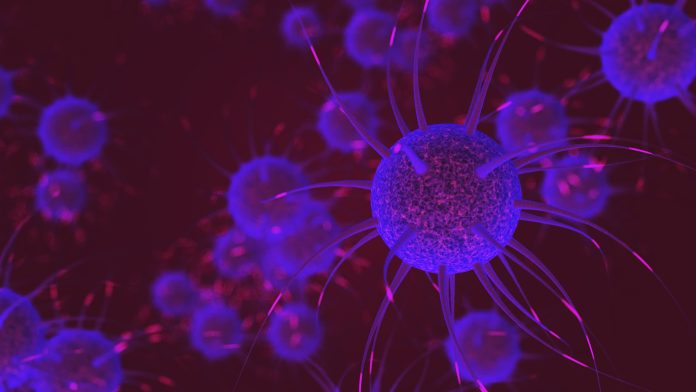A new gene therapy called AMT-130 has shown promising results in slowing the progression of Huntington’s disease, according to the latest results from a global clinical trial
The trial, sponsored by gene therapy company uniQure and led in the UK by researchers at University College London (UCL), is a huge step forward in the fight against this neurodegenerative condition.
For the first time, a treatment has shown statistically significant and lasting effects in reducing the progression of Huntington’s disease, offering new hope to thousands of patients and families affected worldwide.
Understanding Huntington’s disease?
Huntington’s disease is a rare, inherited condition caused by a mutation in the HTT gene, leading to the production of a harmful version of the huntingtin protein. This results in the gradual breakdown of nerve cells in the brain, causing problems with movement, thinking, and behaviour.
Symptoms usually appear in mid-adulthood, and the disease progresses over 15 to 20 years, eventually leading to severe disability and death. There is currently no cure or treatment proven to slow the disease’s progression.
How AMT-130 works
AMT-130 is a one-time gene therapy delivered through a neurosurgical procedure. It uses a harmless virus to deliver custom-designed DNA directly into the striatum, a brain region heavily affected by Huntington’s. Once inside the brain cells, the therapy produces RNA molecules that bind to the cell’s huntingtin RNA, triggering its destruction. This results in a permanent reduction in the production of the mutant huntingtin protein.
Because the therapy alters gene expression within neurons, it is expected that a single dose could last a lifetime.
Reduction in disease progression
The Phase I/II clinical trial involved 29 participants, some of whom have been monitored for up to 36 months. Twelve participants received a high dose of AMT-130, and the results showed a 75% reduction in disease progression compared to a matched group of patients receiving standard care, as reported by University College London.
The trial used the composite Unified Huntington’s Disease Rating Scale, which measures motor, cognitive, and functional decline, as its primary indicator. Additional improvement was observed across several secondary measures, including Total Functional Capacity, which assesses daily living skills.
Levels of neurofilament light protein (NfL decreased in treated patients. Typically, NfL levels increase over time in people with Huntington’s disease, so this drop indicates that neuronal damage may be slowing.
What does this mean for the future?
The therapy was found to be generally well-tolerated, with a manageable safety profile. The surgical procedures for the UK arm of the study were conducted in Cardiff, utilising live MRI guidance to deliver the treatment accurately into the brain.
Following these positive results, uniQure plans to apply for accelerated approval from the U.S. Food and Drug Administration (FDA) in early 2026, with applications in the UK and Europe expected to follow.
This breakthrough comes over 30 years after the discovery of the Huntington’s gene in 1993. While earlier research has focused on managing symptoms, this is the first treatment to show meaningful slowing of the disease itself.
The findings will be formally presented next month at the HD Clinical Research Congress in Nashville, USA. For the thousands of people living with Huntington’s disease and those at risk, AMT-130 offers a new possibility for hope, stability, and a better quality of life.








